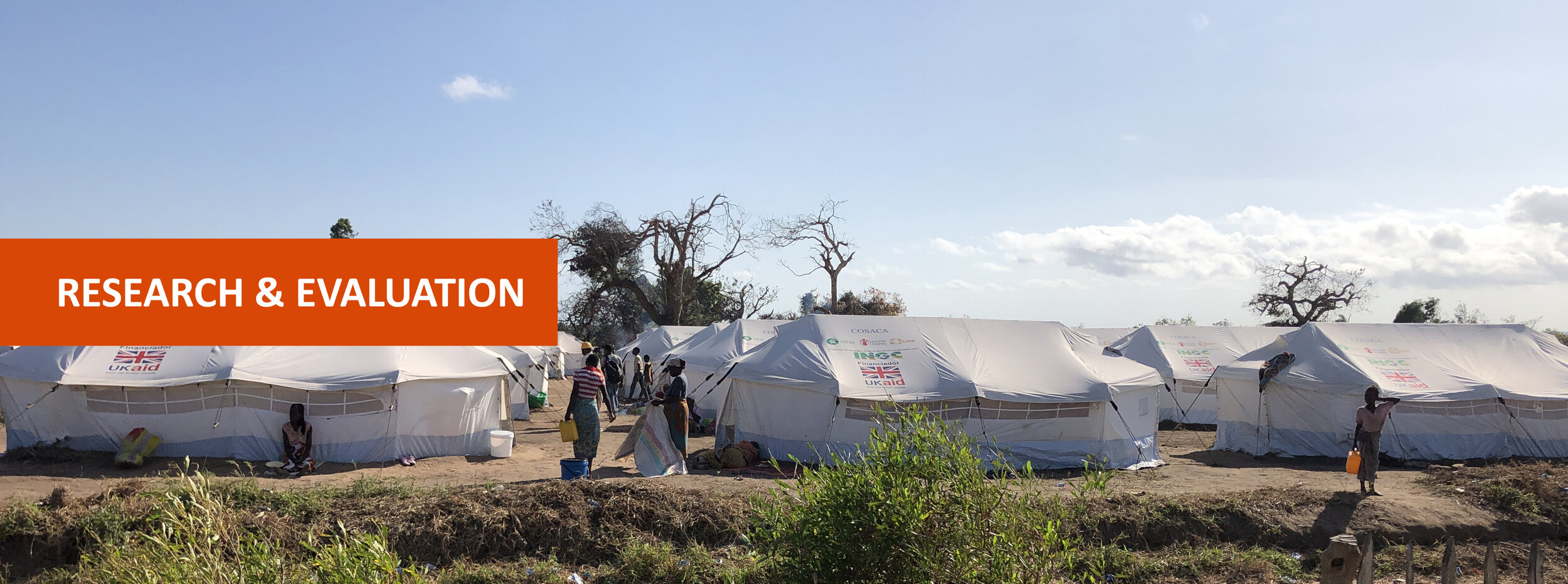Pracademics
HCR's founder Ross James describes himself as a pracademic: practitioner first, academic second. That approach has filtered down into HCR methodology. We are proud of our tradition to apply grounded theory to community-level reality where people hope for change, community transformation and well-being. We use that reality to inform the theoretical world of communication for development. Our priority is to conduct research with techniques that engage the community through participation such as the Most Significant Change method.
Our Community-centred Radio process has implications for the way we design and deliver CCR
How we plan a project (we are developing a planning framework and a rapid assessment methodology)
How we write radio scripts (principles based on an assessment of the strengths and weaknesses of radio)
How we deploy the 5 Tasks of Radio: we constantly research the question, Can the community do this?
How we program the programming schedule (block programs? a rolling format? repeated interview features?)
How we recruit communication partners: we insist on a higher ratio of contributors from community
How we train them: our training methods and tools must support and reinforce the CCR process
Our priority for equipment: more field recorders than fixed studio gear
Our management and admin structure: to support and reinforce the deployment of non-staff in the CCR process
Our research and evaluation methods encourage community actors to become active participants because our CCR principles and methods do so
Most Significant Change
We want to make a special mention of a valuable tool that we currently use to link the community with academic research. The Most Significant Change (MSC) technique was designed in 1996 to meet some of the challenges to monitoring and evaluation (M&E) of development projects in rural communities in Bangladesh. Since then, MSC has been used widely with M&E. MSC is flexible and responds to community needs while maintaining research rigour and principles.
HCR has used MSC in Bali and Papua and is currently being applied in Mindanao.
Current Research
Effecting social change through a community-based radio program: A case study of radio volunteers in Mindanao
Longitudinal study of Radio Gandingan, Mindanao: 2004-2011
Current Evaluation
A rapid assessment tool for program design
Community-centred Radio Indicators
Recently completed
Read these summary reports on the website of our favourite partner, Comminit:
A Realist Evaluation of a Community-Centred Radio project in Philippines
Community Radio and Social Change: An Impact Evaluation in Bali, Indonesia
"I Have Seen the Changes": People's Stories of HIV/AIDS Behaviour Change in Papua
Want more information?
Feel free to contact us

